Alabama has played a central role in the development of both blues and country music. Appalachian folk music, fiddle music, gospel, spirituals, and polka have had local scenes in parts of Alabama. The Tuskegee Institute's School of Music, especially the Tuskegee Choir, is an internationally renowned institution. There are three major modern orchestras, the Mobile Symphony, the Alabama Symphony Orchestra and the Huntsville Symphony Orchestra; the last is the oldest continuously operating professional orchestra in the state, giving its first performance in 1955.

Louis Joseph Walker Jr., known as Joe Louis Walker, is an American musician, best known as an electric blues guitarist, singer, songwriter and producer. His knowledge of blues history is revealed by his use of older material and playing styles.
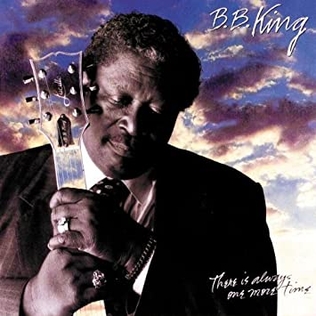
There Is Always One More Time is an album by the American musician B.B. King, released in 1991. It is dedicated to Doc Pomus, who cowrote the title song. The first single was "Back in L.A."
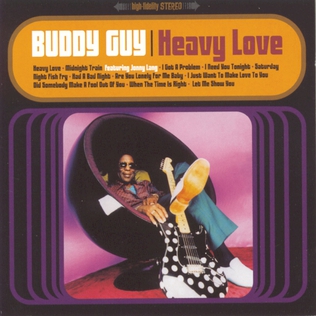
Heavy Love is an album by the American blues musician Buddy Guy, released in 1998. It was nominated for a Grammy Award for "Best Contemporary Blues Album".

Back in the Game is an album by the American musician Syl Johnson. It was released in 1994. Johnson had not recorded an album since the 1980s, but had witnessed a revival of his music due its use as samples in hip hop production. Back in the Game was named the best blues album of 1994 by Living Blues.
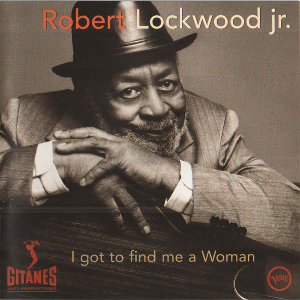
I Got to Find Me a Woman is an album by the American blues musician Robert Lockwood Jr., released in 1998. Lockwood was in his 80s when he recorded it.

Come One, Come All is the second album by the American band Mighty Blue Kings, released in 1997.
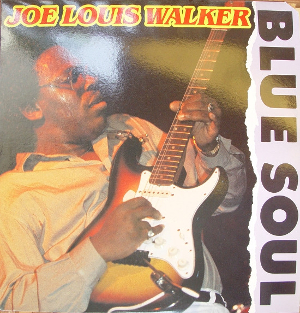
Blue Soul is an album by the American musician Joe Louis Walker, released in 1989. Walker supported the album with a North American tour, backed by the Boss Talkers. Blue Soul was nominated for a Bammie Award for "Outstanding Blues Album".

The Real Deal is an album by the American musician Smokey Wilson, released in 1995. Wilson supported the album with a North American tour. It was nominated for a W. C. Handy Award for best traditional blues album.

Working Girl Blues is an album by the American musician Phillip Walker, released in 1995. It was his first album for an American label in seven years. Walker supported the album with a North American tour. Working Girl Blues was a hit on blues radio formats.
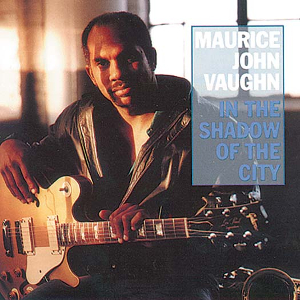
In the Shadow of the City is an album by the American musician Maurice John Vaughn, released in 1993. Vaughn supported the album with a North American tour. "(Everything I Do) Got to Be Funky", which was a minor, regional radio hit, appears on the soundtrack to Major League II.

Fish Ain't Bitin' is the second album by the American musician Corey Harris, released in 1997 through Alligator Records. Harris supported the album with a North American tour that included shows opening for B.B. King. Fish Ain't Bitin' won a W. C. Handy Award for the best acoustic blues album of 1997.
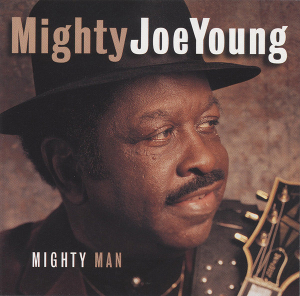
Mighty Man is an album by the American musician Mighty Joe Young, released in 1997. It was his first album for Blind Pig Records, although the label would reissue some of Young's earlier work. Young supported the album with a North American tour.
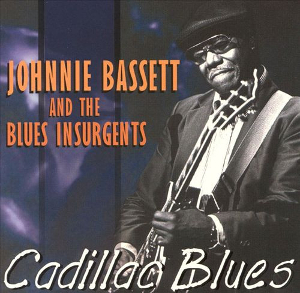
Cadillac Blues is an album by the American musician Johnnie Bassett, released in 1998. He is credited with his band, the Blues Insurgents. Bassett supported the album with a North American tour. Cadillac Blues was nominated for a W. C. Handy Award for best traditional blues album.

The Gift is the second album by the American musician Joe Louis Walker, released in 1988. Walker was backed by the Boss Talkers. He supported the album with a North American tour.
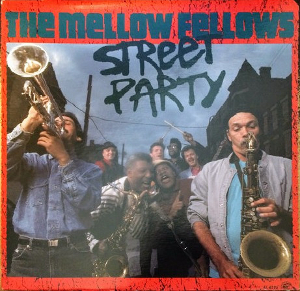
Street Party is an album by the American band the Mellow Fellows, released in 1990. It was the band's first album since the March 1990 death of frontman Big Twist. The Mellow Fellows supported the album with a North American tour. Street Party was a success on radio stations throughout Illinois.

Roadhouse Rules is an album by the American musician Lonnie Brooks, released in 1996. It was his seventh album for Alligator Records. The album peaked at No. 15 on the Billboard Blues Albums chart. Brooks supported it with a North American tour.

Flyin' High is an album by the American musician Johnny Copeland, released in 1992. Copeland supported the album with a North American tour.

Deep in the Blues is an album by the American musician James Cotton, released in 1996. It peaked at No. 13 on Billboard's Blues Albums chart. Deep in the Blues won a Grammy Award for "Best Traditional Blues Album". It also won a W. C. Handy Award for best "Acoustic Blues Album". Cotton supported the album with a North American tour.

Pee-Wee Get My Gun is the debut album by the American musician T-Model Ford, released in 1997. Ford was 75 years old when the album was released. He supported it by touring with labelmate R. L. Burnside; the dates represented the first time Ford had performed outside of Mississippi.



















